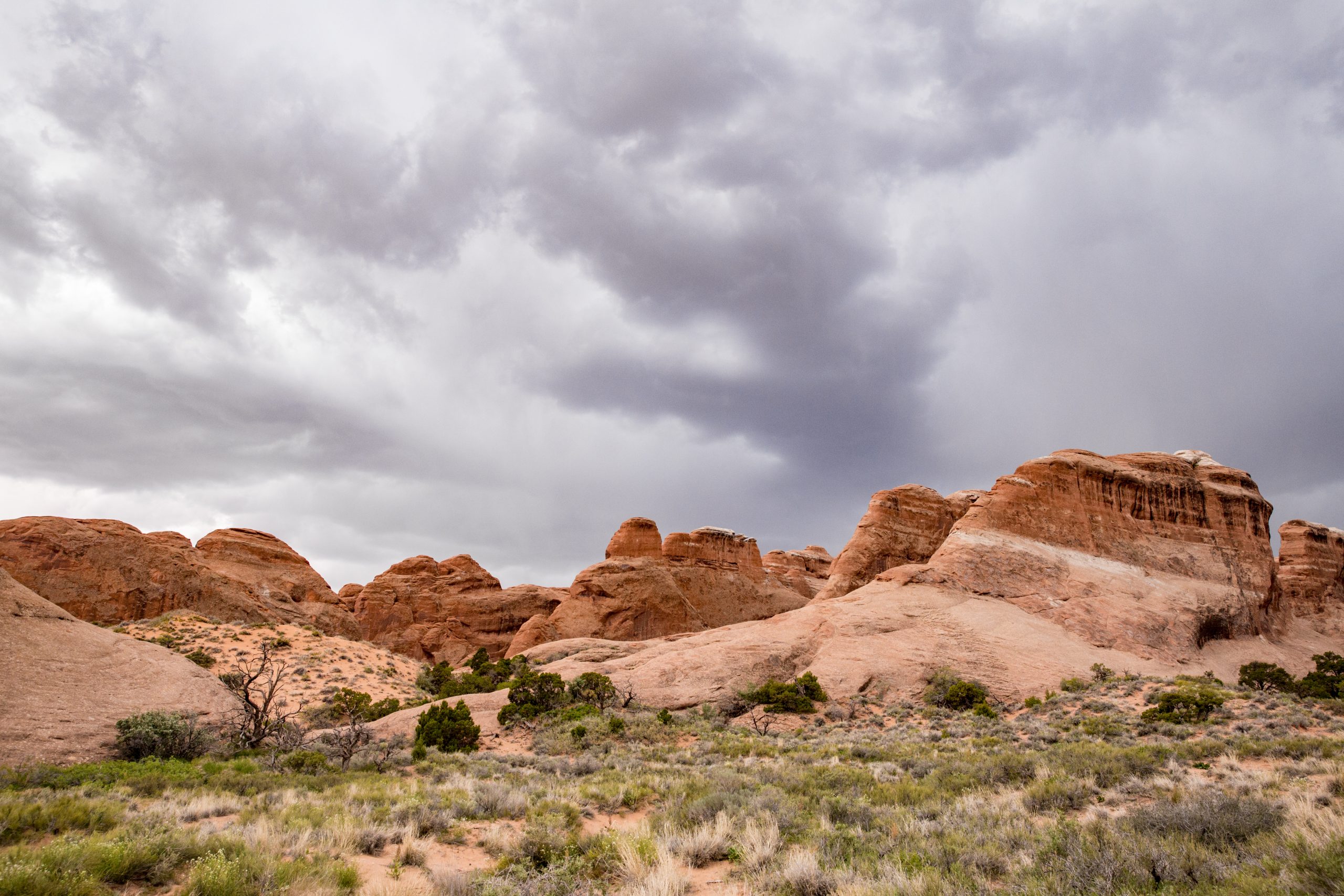Walking Away from Moab: A Journey Back to God's Presence

Life often presents us with challenging decisions, moments where we must choose between what seems right in our own eyes and what God has called us to do. The story of Ruth and Naomi from the Bible's Old Testament provides a powerful illustration of this struggle and the redemption that can come from returning to God's path.
In the days when judges ruled Israel, a severe famine struck the land of Bethlehem. A man named Elimelech, whose name ironically means "my God is king," decided to take his wife Naomi and their two sons to the land of Moab. This decision, while seemingly practical, was contrary to God's instructions for His people. Moab was a place of idol worship and practices abhorrent to the Lord, including child sacrifice.
Elimelech's choice to leave Bethlehem, the "house of bread," for Moab represents how we sometimes prioritize economic provision over spiritual protection. In tough times, it's tempting to take matters into our own hands rather than trusting in God's provision and staying within His will.
The consequences of this decision were dire. Elimelech died, leaving Naomi alone with her two sons. The sons then married Moabite women, further entangling themselves in a culture God had warned against. After about ten years, both sons also died, leaving Naomi and her two daughters-in-law, Orpah and Ruth, as widows in a foreign land.
This tragic turn of events illustrates how decisions made outside of God's will, even when well-intentioned, can lead to unforeseen hardships. It's a stark reminder that our choices have consequences not just for ourselves, but for those around us as well.
However, the story doesn't end in tragedy. Naomi decides to return to Bethlehem, having heard that the Lord had provided food for His people. This decision to return, or "shuv" in Hebrew, is a powerful metaphor for repentance. It's about turning away from our self-directed paths and returning to God's presence and provision.
Ruth's declaration to Naomi is one of the most beautiful expressions of loyalty and faith in Scripture: "Don't ask me to leave you and turn back. Wherever you go, I will go; wherever you live, I will live. Your people will be my people, and your God will be my God." (Ruth 1:16)
This commitment wasn't just to Naomi, but to the God of Israel. Ruth, a Moabite woman, chose to leave behind her people, her culture, and her gods to follow the true God. Her decision changed not only her life but the course of history.
The return to Bethlehem wasn't easy. Naomi and Ruth faced potential stigma and hardship. Yet, their willingness to leave the familiar, albeit sinful, environment of Moab for the uncertainty of Bethlehem demonstrates true repentance and faith.
This story challenges us to examine our own lives. Where have we settled for "Moab" when God is calling us to "Bethlehem"? It might be a relationship, a job, a habit, or an attitude that we know isn't aligned with God's will. The call is clear: to get to the right place, we must leave the wrong one.
Sometimes, like Elimelech, we rationalize our decisions. We might think we can serve God while remaining in "Moab," but true commitment to God often requires radical change. It's not enough to merely profess faith; our lives must reflect that faith through our choices and actions.
The beautiful twist in this story is that Ruth, once an outsider, became part of the lineage of Jesus Christ. Her faithfulness and willingness to follow God led to her becoming the great-grandmother of King David and, ultimately, an ancestor of the Messiah. This reminds us that God can use anyone who turns to Him, regardless of their background or past mistakes.
This narrative also highlights the power of legacy. One person's decision to follow God can impact generations. Whether you're like Ruth, coming to faith for the first time, or like Naomi, returning after a period of wandering, your choice to commit or recommit to God can have far-reaching effects on your family and beyond.
The story of Ruth and Naomi calls us to consider:
- Are there areas in our lives where we've prioritized worldly security over spiritual fidelity?
- Have we settled for less than God's best by remaining in "Moab"?
- What would it look like for us to make a decisive turn back to God's presence and will?
- How might our decision to fully commit to God impact future generations?
As we reflect on these questions, let's remember that God's arms are always open to those who return. No matter how far we've strayed or how long we've been away, He is ready to receive us and redeem our stories.
The journey from Moab to Bethlehem isn't always easy. It may involve leaving behind the familiar, facing uncertainty, or even enduring temporary hardship. But the promise of God's presence, provision, and purpose far outweighs any temporary comfort we might find outside His will.
Today, let's make the courageous decision to leave our personal "Moabs" behind. Whether it's a destructive habit, a compromising relationship, or simply a lukewarm faith, God is calling us back to His presence. Like Ruth, we can choose to say, "Your God will be my God," committing ourselves fully to Him.
Remember, it's never too late to return. God's grace is sufficient, and His mercies are new every morning. Your decision today to turn back to God could be the beginning of a beautiful redemption story, not just for you, but for generations to come.
As you go about your week, prayerfully consider what steps you need to take to align your life more closely with God's will. Be encouraged that as you do, you're not walking alone. God promises to be with you every step of the way, guiding you back to His abundant life and blessings.
Next Steps
Continue to explore the faith life of our church including our other ministries, upcoming events, and service opportunities.




